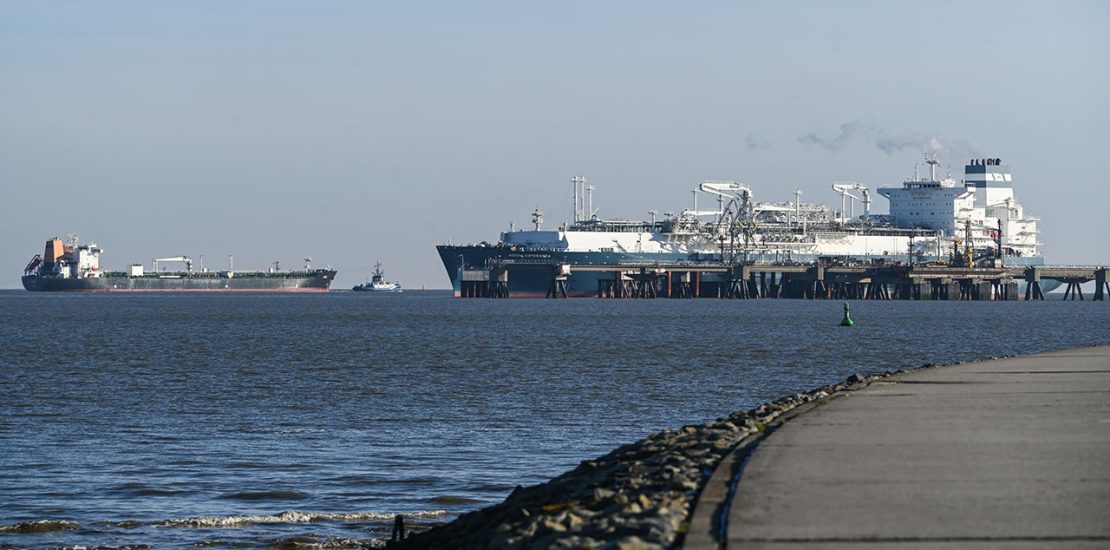- March 28, 2025
- Posted by: Regent Harbor Team
- Category: Global Economy

Contents
Chokepoints: A New Era of Economic Warfare
Chokepoints: American Power in the Age of Economic Warfare, by Edward Fishman (Portfolio, 560 pp., $40)
The Financial Domino Effect
The events following the September 11 attacks marked a pivotal moment for global finance. The Bush administration cleverly turned the financial system against its foes by engaging SWIFT, a Brussels-based messaging service used by major financial institutions worldwide. By gaining the ability to subpoena data and trace terrorist payments, the U.S. transformed SWIFT into an unexpected partner in the War on Terror.
The line between impartial economic entities and political allies or adversaries continued to blur. The Treasury Department, for example, leveraged the peculiarities of cross-border finance. Iranian banks making payments to Europe or Asia experienced an unexpected detour through the U.S. financial system. This phenomenon, known as the U-turn, became a powerful tool. It transformed the seemingly neutral financial infrastructure into a potent weapon.
The Shift From Neutrality
The neutrality of global trade was already under threat when former Federal Reserve chairman Alan Greenspan claimed in 2008 that market forces rather than politics ruled the world. That notion has since been upturned. As we discover in Chokepoints: American Power in the Age of Economic Warfare, the realms of economy and diplomacy have become inseparable.
International trade is now as crucial for geopolitical jockeying as it is for consumer well-being. Edward Fishman, a former diplomat and current professor, expertly navigates how this transformation has unfolded. His analysis pegs the advent of "economic warfare" as a linchpin in modern statecraft. Terms like "de-risking," "decoupling," and "friendshoring" reflect this strategic shift.
Technological Tensions
Beyond finance, America’s strategy pivoted to technology, giving rise to new challenges. The growing threat from China was met with significant measures. Under President Obama, the U.S. restricted sales to Chinese telecom giant ZTE, leading to its near collapse. When the Trump administration came into power, it continued this technological warfare, albeit in different ways. This included empowering the Committee on Foreign Investment to block foreign acquisitions.
Powerful countries had to choose. Either stop using U.S. technology or sever ties with companies like Huawei. Meanwhile, many nations decided to exclude Huawei from their 5G networks, demonstrating America’s far-reaching influence. This use of technology as a chokepoint is akin to the strategic role played by the U.S. dollar in global finance.
Energy as a Battleground
The latest frontier of economic conflict revolves around energy, emphasizing Western sanctions on Russia. Following Russia’s invasion of Ukraine, the Biden administration targeted Russian banking giants and high-tech exports. It even imposed price caps on Russian oil aimed at altering global markets.
For Fishman, these moves symbolize a hefty politicization of the oil market, traditionally a bastion of globalization. As each chokepoint is exploited, the idea of a singular, global market diminishes. Yet this exploitation has its downside, potentially hastening the end of our economic warfare era.
The Unintended Consequences
Economic warfare’s accidental discovery underscores the unpredictable nature of global finance. As Fishman eloquently explains, these tactics were more an emerging practice than a well-thought-out plan. Policymakers inadvertently found leverage in infrastructures never intended for political gain. Despite its bipartisan allure, weaponized interdependence is inherently self-limiting.
Countries worldwide have begun working on escape strategies. Whether through China’s digital currency or Russia’s alternative supply chains, nations are increasingly wary of their American-dependence. As Henry Farrell and Abraham L. Newman have noted, such interdependence comes with its inherent challenges.
The Road Ahead
Fishman concludes with a sobering reminder: while economic warfare currently forestalls traditional conflict, it isn’t a permanent solution. Should America’s influence wane, we risk reverting to the violent past. As Carl von Clausewitz observed, war is but politics by other means. Similarly, we might find economics continuing this ancient cycle, unless new solutions emerge.
Someday, Fishman suggests, we may find ourselves missing this Age of Economic Warfare. As it stands, it’s wise to stay vigilant, for the world’s geopolitical landscape remains inextricably linked to its economic frameworks.
